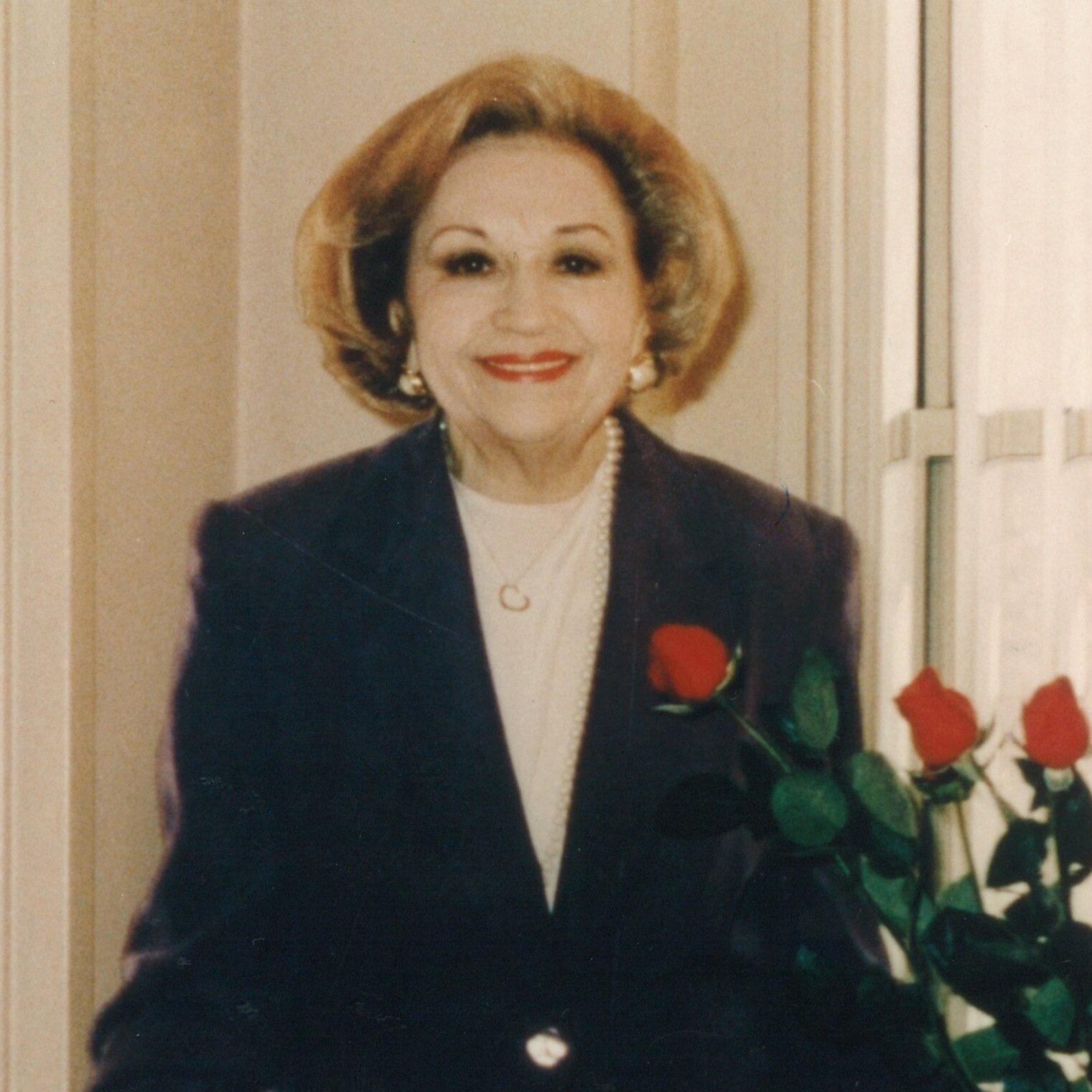Find a CBT Therapist
Search through our directory of local clinicians.
ABCT’s Statement on Women’s History Month
 We, the undersigned, acknowledge Women’s History Month as a time to highlight the achievements of women around the world to advance society. From therapists to social workers to researchers to family and child advocates, women are often the backbone of our human services systems. This month we celebrate all of you and your dedication to behavioral and cognitive therapies. In the early 1900s, the women’s labor movement gave rise to Women’s Day, which later became International Women’s Day, on March 8. Since the 1970s, coinciding with March 8, the month of March has been honored as Women’s History Month.
We, the undersigned, acknowledge Women’s History Month as a time to highlight the achievements of women around the world to advance society. From therapists to social workers to researchers to family and child advocates, women are often the backbone of our human services systems. This month we celebrate all of you and your dedication to behavioral and cognitive therapies. In the early 1900s, the women’s labor movement gave rise to Women’s Day, which later became International Women’s Day, on March 8. Since the 1970s, coinciding with March 8, the month of March has been honored as Women’s History Month.
Dorothy Susskind, a cofounder of ABCT and the first woman in the organization, was a trailblazer in the field of the behavioral and cognitive therapies. From very early on, Dorothy believed that science was the future and “…that it was going to save the world.” Susskind earned her master’s at Columbia University and went on to teach high school students in the Bronx and surrounding areas where she took note that students struggled with considerable emotion regulation. Upon receiving her Ph.D. at City College and then undergoing analytic training (the predominant model of the time), she began to realize the futility of applying psychoanalysis to children and began to study with, among other pioneers of the field, Joseph Wolpe. Little did she know that her reservations about child psychotherapy would lead not only to major changes in how she worked with children, but to the meeting of the minds (in her studio apartment) led to the founding of the then Association for the Advancement of Behavior Therapy (AABT), now ABCT.
As we work to advance the field of cognitive behavioral therapies and continue to expand opportunities, we must be clear about our role in building a more inclusive society. Currently, and for the first time in history, ABCT’s board is comprised of all women. We recognize this important milestone in ABCT’s history but also acknowledge that we have much further to go. We are the architects of the future. We are working to build a board that increasingly reflects a diversity of gender, age, ethnicity, culture, and experience that exists in our stakeholders, our membership, and the field.
The Association for Behavioral and Cognitive Therapies knows that the only way to improve the health and well-being of our society is to eradicate the racial, gender, and economic barriers that make it hard for women – especially trans women of color – to access health care.
Let’s continue to celebrate women and their many accomplishments, not only during Women’s History Month but throughout the year. Happy Women’s History Month, ABCT.
Signed,
The ABCT Board of Directors:
Jill Ehrenreich-May, Ph.D. President
Sandra Pimentel, Ph.D., President Elect
Laura Seligman, Ph.D. Immediate Past President
Barbara Kamholz, Ph.D. Secretary Treasurer
Katherine Baucom, Ph.D., Carolyn Becker, Ph.D., Daniella Cavenagh, Ph.D., Representatives-at-Large
